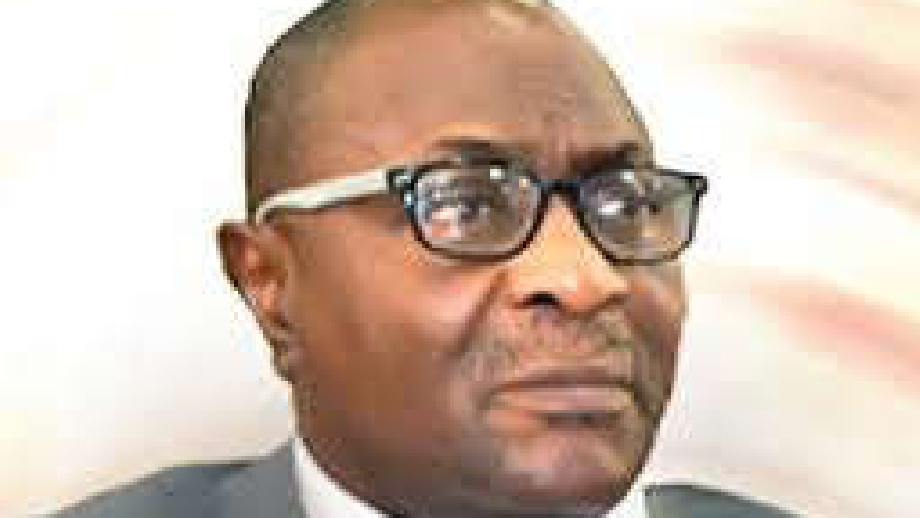
A former Vice-Chancellor of the Federal University Oye-Ekiti, Prof. Kayode Soremekun, has warned that former U.S. President Donald Trump’s renewed claims of widespread killings of Christians in Nigeria could strain bilateral ties and inflame existing religious tensions.
Speaking to Nigeria Info on Wednesday, Soremekun said the U.S., as a global superpower, has access to “sophisticated devices” and field intelligence that may have shaped Trump’s position.
But he cautioned that the narrative oversimplifies a complex crisis.
“Christians are being killed, Muslims are also being killed,” he said. “It is too absolute to claim only Christians are targets. Others are also dying.”
Soremekun warned that Trump’s threat to cut U.S. aid or deploy military pressure poses significant diplomatic implications, especially because Nigeria’s political class has left the country vulnerable.
“A well-run Nigeria does not need U.S. aid,” he said. “It is part of the bankruptcy of our political class that Washington can even threaten us with withdrawal.”
On sovereignty, Soremekun argued that Nigeria’s heavy dependence on Western systems already complicates its autonomy.
“Sovereignty is a contested term,” he noted. “How sovereign is Nigeria when its ruling class is organically linked to the Western system?”
He also warned that Trump’s framing of the violence as Christian persecution may widen existing religious divides.
“The fault lines may be widened,” he said, pointing to reactions from both Christian and Islamic leaders who have taken opposing positions on Trump’s remarks.
How the Nigerian Government Is Responding
Soremekun criticised Nigeria’s diplomatic handling of the controversy, noting the absence of a substantive ambassador to Washington.
“To engage Washington effectively, you must understand the U.S. foreign policy process,” he said. “I don’t think our bureaucracy understands it.”
He said Nigeria should engage not only the White House but also the U.S. Congress, including the Congressional Black Caucus and lobby groups, to present its own perspective.
Beyond diplomacy, Soremekun said the Nigerian state must confront internal sabotage that undermines counter-terrorism efforts.
“More often than not, the enemy appears to be within,” he warned, accusing informers and “misguided political merchants” of aiding violent groups.
He urged security agencies, especially the DSS, to “tighten the loose ends” that allow insurgents to thrive.


